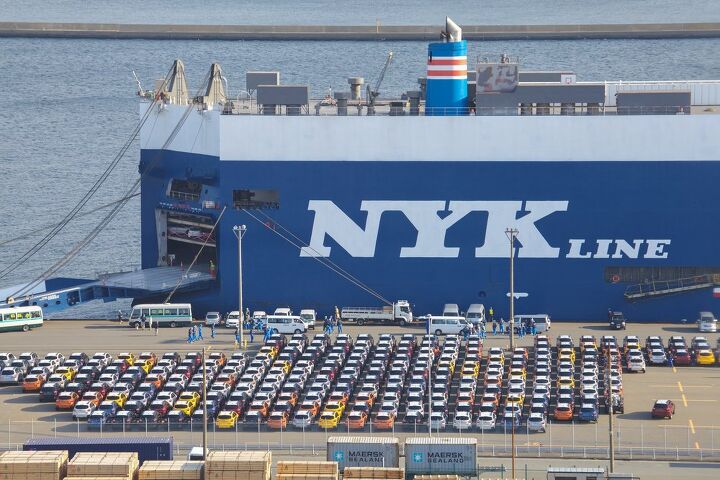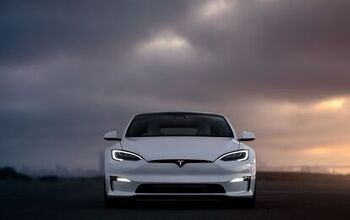United States Won't Raise Tariffs on Japanese Vehicles, Report Suggests

With Japan and the United States spending the better part of the summer discussing trade relations, there were minor fears that the island nation would become subject to new tariffs. Fortunately, most of the reporting on the matter showed negotiations to be productive, with President Donald Trump and Prime Minister Shinzo Abe perpetually optimistic about the two countries’ relationship.
Last month at a Group of Seven Summit, the pair even claimed to be on the verge of signing a new agreement. According to Reuters, that will come without new fees on Japanese-made automobiles.
Citing reports from the Tokyo Shimbun, the outlet suggests there will be a joint pledge to avoid import tariffs or quotas on Japanese cars. The announcement is supposed to take place following a final meeting between the two leaders next week in New York. Details, while not final, appear to match what Abe and Trump said late last month, including the September timeline.
From Reuters:
Washington and Tokyo agreed to the core elements of a trade deal last month on the sidelines of a Group of Seven Summit, with Trump and Abe saying they hoped to sign an agreement this month.
As part of the limited trade deal, Tokyo would make concessions on agricultural imports from the United States while Washington would refrain from raising tariffs on Japanese cars as Trump had threatened to do earlier.
The agreement, if finalised, would lessen trade frictions between the two allies at a time when the United States is locked in a trade war with China.
[Image: Sakarin Sawasdinaka/Shutterstock]

A staunch consumer advocate tracking industry trends and regulation. Before joining TTAC, Matt spent a decade working for marketing and research firms based in NYC. Clients included several of the world’s largest automakers, global tire brands, and aftermarket part suppliers. Dissatisfied with the corporate world and resentful of having to wear suits everyday, he pivoted to writing about cars. Since then, that man has become an ardent supporter of the right-to-repair movement, been interviewed on the auto industry by national radio broadcasts, driven more rental cars than anyone ever should, participated in amateur rallying events, and received the requisite minimum training as sanctioned by the SCCA. Handy with a wrench, Matt grew up surrounded by Detroit auto workers and managed to get a pizza delivery job before he was legally eligible. He later found himself driving box trucks through Manhattan, guaranteeing future sympathy for actual truckers. He continues to conduct research pertaining to the automotive sector as an independent contractor and has since moved back to his native Michigan, closer to where the cars are born. A contrarian, Matt claims to prefer understeer — stating that front and all-wheel drive vehicles cater best to his driving style.
More by Matt Posky


































Comments
Join the conversation
Why not? We are Japan's #1 customer yet anyone would have a better chance at winning the lottery than they would with finding one of our cars on their roads. Talk about unfair trade!
I have been to Japan a few times, and there are some American cars on the roads - just not that many. There are no Big 3 pickup trucks because they simply don't fit well in Japan. Where pickup trucks are needed, there are usually kei trucks and mini trucks. The Jeep brand vehicles seem to be somewhat popular in Japan. I've seen a handful of Wranglers, one of them done up to the maximum possible with aftermarket goodies, presumably built for the owner to thumb their nose at the established order in Japan. Grand Cherokees are uncommon though present. Corvettes are seen roaming the streets of Tokyo along with some very expensive Italian sportscars. One thing to remember about Japan is that owning a car is largely optional. No matter where you are in a medium to large city, you are five minutes from a train station that can get you anywhere in the city and even to the other side of the country if you make your connections right. Most of the cars in Japan are low mileage as a result, and we see a lot of early 90s JDM imports in the US with very low mileage despite the age.